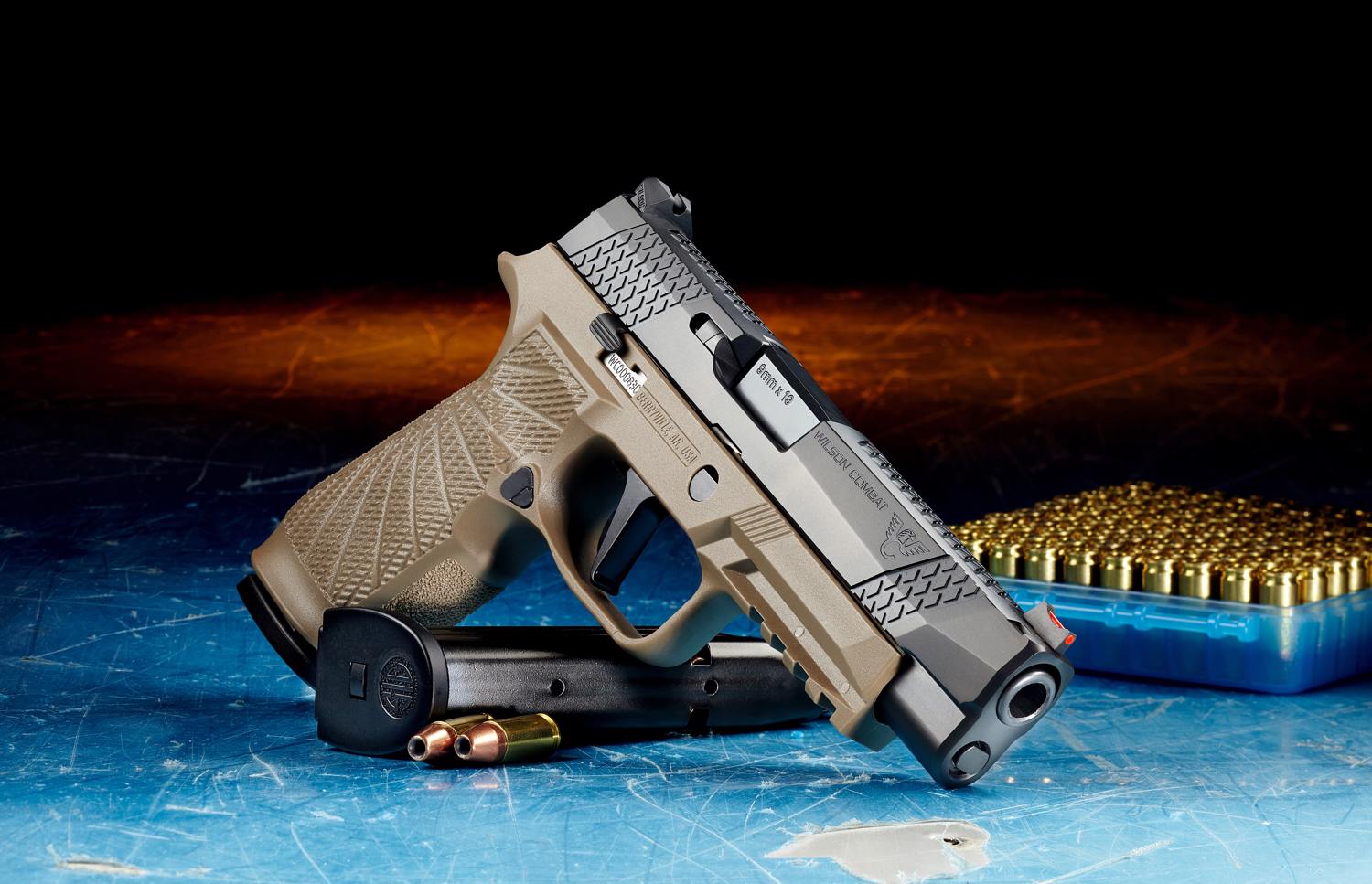Everything you need to know about getting a Concealed Handgun Permit in Colorado.
We've previously touched on the Supreme Court ruling on the 2nd Amendment. Now, we want to get into the concealed handgun permit and how it works in Colorado. Let's take a look!
Colorado Residents
Colorado residents can only carry a concealed handgun if they have a Colorado Concealed Handgun Permit, or CHP. Colorado residents cannot legally carry concealed using an out-of-state permit. If you are a Colorado resident who plans on traveling, it is best to check the specific state's firearm laws of where you will be traveling, and confirm reciprocity.
What About Non-Residents?
The state of Colorado recognizes valid concealed carry permits issued by other states if they meet specific requirements, in accordance with the state law (C.R.S. 18-12-213). These requirements are:
- The issuing state accepts a Colorado permit (CHP)
- The permit holder is a legal resident of the issuing state
- The permit holder owns of a matching state-issued driver’s license or a State ID, proving they are a resident of that state
- The permit holder is at least 21 years of age or older
- The permit holder owns a valid permit
All of these requirements must be met in order for the out-of-state permit to be recognized. Colorado does not accept a concealed carry permit issued by any state, to non-residents of that state (see C.R.S 18-12-213, as amended in 2007). State law requires the permit holder's state of residency and the state of issue of a permit to match. This should be shown by a valid driver’s license or ID card issued by that same state.
What Is Concealed Carry Reciprocity?
Reciprocity means that concealed weapon permits from other states are recognized as valid in other states. Some states have established reciprocity, while others have not. Let's take a look at which states Colorado has established reciprocity with:
Which States Have Established Concealed Carry Reciprocity?
Alabama, Alaska, Arizona, Arkansas, Delaware, Florida, Georgia, Idaho, Iowa, Indiana, Kansas, Kentucky, Louisiana, Michigan, Mississippi, Missouri, Montana, Nebraska, New Hampshire, New Mexico, North Carolina, North Dakota, Ohio, Oklahoma, Pennsylvania, South Dakota, Tennessee, Texas, Utah, Virginia, West Virginia, Wisconsin, and Wyoming.
Which States Have Not Established Concealed Carry Reciprocity?
California, Connecticut, District of Columbia, Hawaii, Illinois, Maine, Maryland, Massachusetts, Minnesota, Nevada, New Jersey, New York, Oregon, Rhode Island, South Carolina, Vermont, and Washington.
What Are the Fees?
In order to obtain a CHP, you will have to pay a fee to the Colorado Bureau of Investigation. New applicants will owe $52, which includes a CCIC fingerprint check, InstaCheck, and an FBI fingerprint check. Temporary Emergency Permits cost $30.50 and include a CCIC fingerprint check and an InstaCheck. Lastly, a CHP renewal costs $13 for an InstaCheck. The fingerprints will have been previously sent to CBI. You can find further information on fees here.
Remember to do your research before utilizing concealed carry, even if you do have a permit, as the laws can differ from state to state, and change over time. You can check here for any updates to Colorado's CHP reciprocity with other states.
